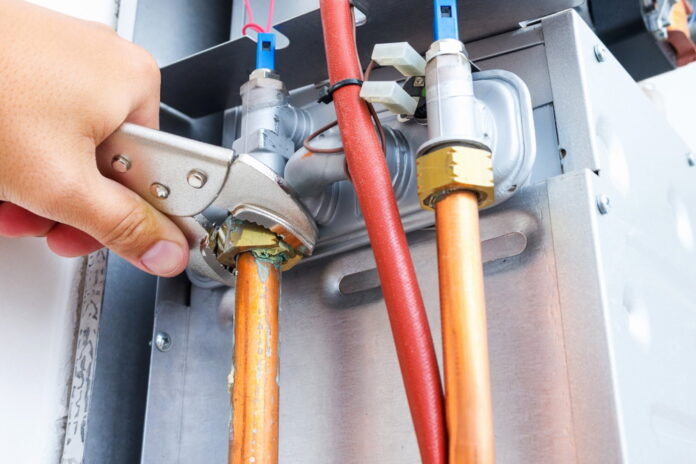When it comes to home repairs, boilers are often one of the last things on your mind. But when they fail, it’s essential to make a decision quickly regarding whether to repair or replace them before you have to shell out for expensive emergency repairs.
Knowing the right decision can be tricky, but seeking the help of a professional like PlumbTech, is always helpful. Here are eight things you should consider when making your decision to repair or replace your boiler.
1. Age of Boiler
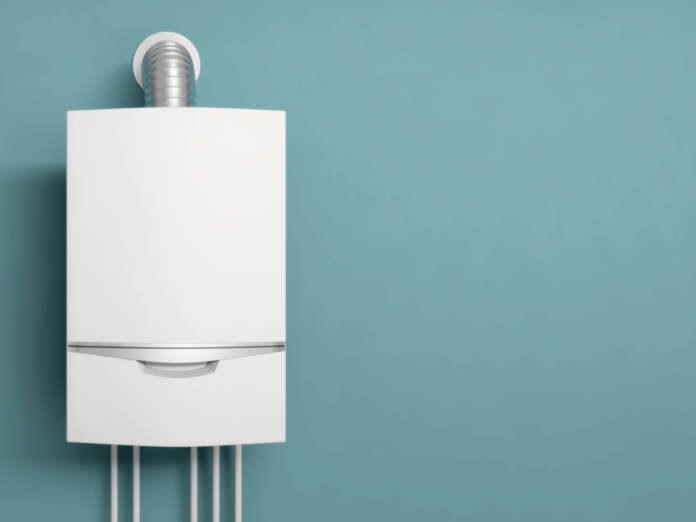
The age of your boiler is an important factor in deciding whether you should repair or replace it. The typical lifespan of a boiler ranges from 10-15 years.
If yours is within that range and still functioning properly, then a simple repair might be enough. However, an older boiler will likely require more complex and costly repairs, so consider replacing it instead.
2. Cost of Repairs
After determining the age of your boiler, you will also want to consider the cost of necessary repairs versus replacement costs. If the cost for repairs is too high relative to how much longer you can expect the piece of equipment to function without further problems, then replacement could be the better option.
It’s also important not to forget about labor costs and energy costs associated with operating a new system compared with keeping an old one running efficiently and reliably.
Repair vs Replacement Cost
When considering repairs vs. replacing your boiler, the cost is an important factor. Repairs can be significantly less expensive than replacing the entire system, however repairs may need to be done regularly over time and become increasingly costly.
Replacing a boiler can be more expensive upfront, but could potentially save you money in the long run as newer models are typically more energy efficient and require fewer breakdowns.
Ultimately, it is important to weigh these considerations against one another before making a decision about which option will provide the best value for you and your family.
3. Frequency of Breakdowns
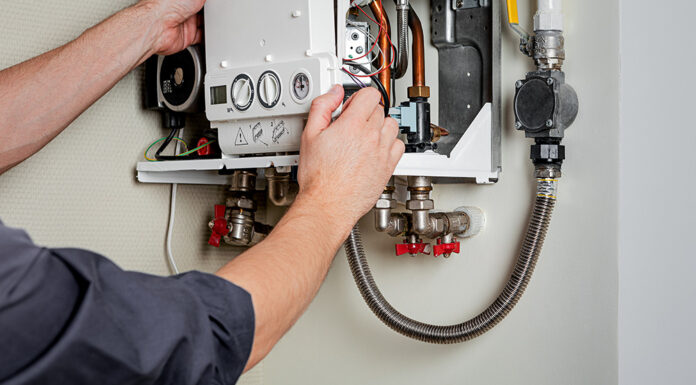
If your boiler has been breaking down frequently over time, then it may be time to consider replacing it altogether instead of repeatedly shelling out money just for temporary relief from constant breakdowns.
Constant repairs can quickly add up over time, causing repair costs alone equivalent to or even exceeding the cost of replacing an aging system in its entirety.
4. Consider the Type, Size, and Capacity
If you need more capacity than what your existing unit provides—whether due to increased occupancy or other needs—then replacement may be preferable regardless of its condition as some boilers don’t offer additional capacity upgrades (such as adding zones).
Additionally, older units may not provide modern features or efficiencies such as tankless technology or higher efficiency ratings compared with newer models available on today’s market, thereby making replacement preferable even if no issues have arisen yet.
5. Warranty Coverage
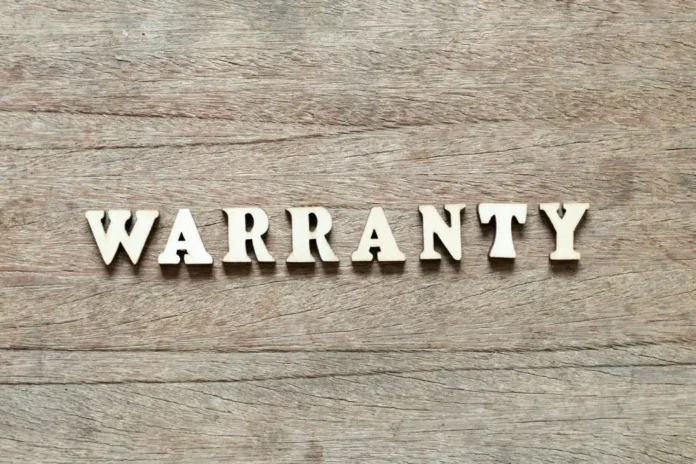
If you have purchased an extended warranty on top of what would have already come with a new model (many manufacturers offer warranties lasting up to 10 years), then that extra coverage might help offset repair costs should any issue arise down the line requiring professional intervention.
However, use caution: many warranties only cover parts and do not include labor charges which may ultimately lead you towards replacing anyhow based on combined repair and part cost vs full replacement cost assessment..
6. Energy Efficiency Ratings
Older boilers generally lack energy efficiency compared with newer models available today.
Although this shouldn’t necessarily decide all by itself whether you opt for repairing vs replacing, this fact may sway decisions especially where budget constraints exist due both productive usage life-span expectations relative to the current needed output level given variations in size requirements all among various other reasons depending heavily upon particular customer use case by case scenarios.
7. Safety Features

Manufacturers are continuously building upon features designed to improve safety overall as such if there have been recent advancements since the original purchase date.
Therefore, taking this into account and examining safety features at either purchasing stage (repairing vs replacement) could prove worthwhile.
It may lead the way towards potentially safer and more efficient operations longer term than one stemming from unsatisfactory maintenance approaches.
8. Noise and Heat Levels
Depending upon feedback received as well exact location of installation, noise or heat levels may be factors that pose a concern.
Seemingly minor disturbances like these left unchecked comparatively lesser frequency aside otherwise accounted for at reasonable levels acceptable per individual users’ expectations at the end day could prove costly mistakes.
How to Find a Good Boiler Repair Service
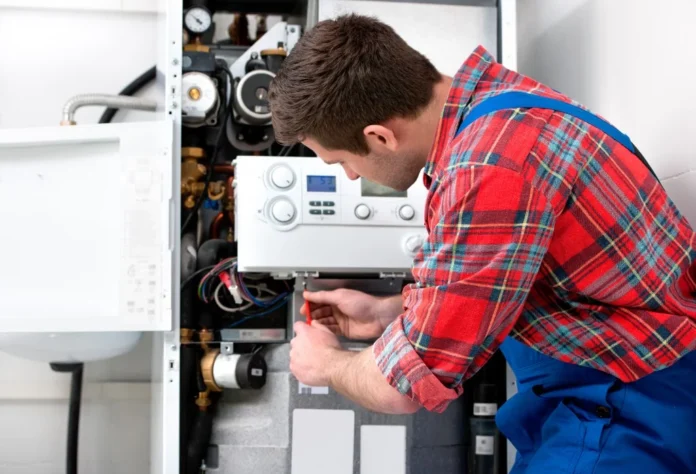
A boiler breakdown can be a major inconvenience, especially during the colder months. If you’re in need of a boiler repair service, it’s important to find a reliable and trustworthy professional to get the job done quickly and efficiently. Here are some tips on how to find a good boiler repair service:
- Look for experience and qualifications: Check if the repair service has qualified and experienced technicians who are licensed and certified to handle boiler repairs.
- Check reviews and references: Look for reviews and references online or ask for referrals from friends or family. This will give you an idea of their past work and customer satisfaction.
- Availability and response time: Check if the repair service is available for emergency repairs and their response time. A good service should be able to respond quickly to minimize downtime.
- Price and warranty: Compare the prices and warranties of different repair services to find one that offers fair pricing and a solid warranty on their work.
Conclusion – Should You Repair or Replace Your Boiler?
In conclusion, deciding whether to repair or replace your boiler depends largely on the age of the unit, the cost of repairs and replacement, the frequency of breakdowns, type/size/capacity requirements, warranty coverage, energy efficiency ratings, safety features and noise/heat levels.
It is important to assess each one of these factors in order to make an informed decision ensuring that you get the best value for you and your family.

